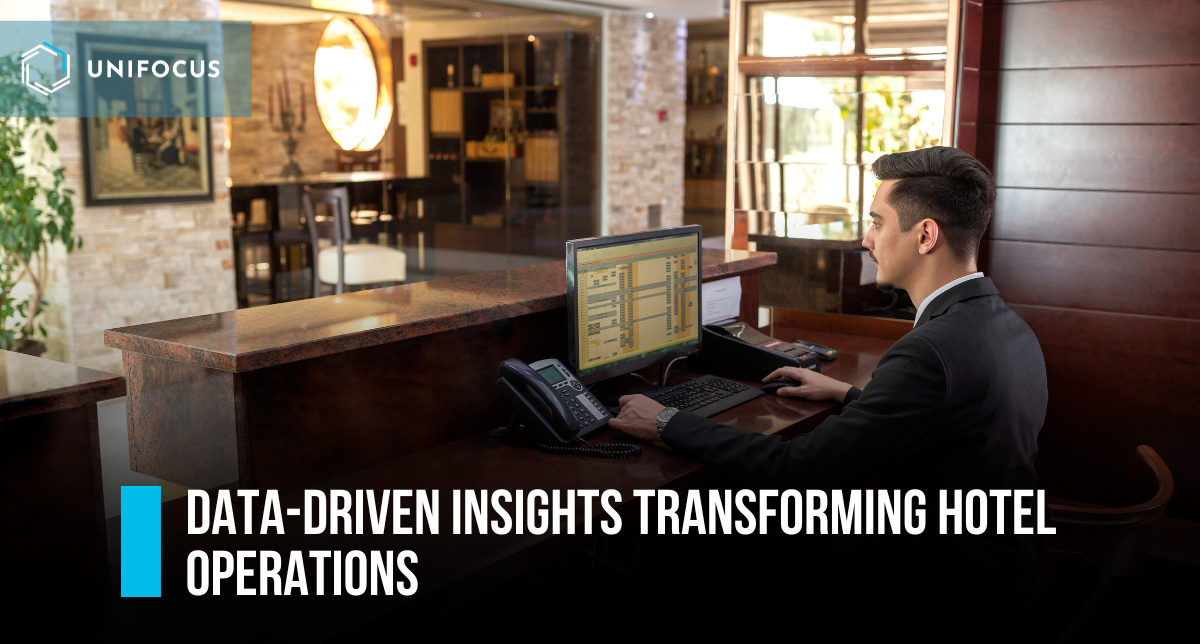As the hospitality industry navigates a period of rapid change in travel preferences, it faces a crucial moment that demands innovative solutions and strategic insight. The year 2024 heralds a new era shaped by evolving traveler behaviors, economic variables, and technological advancements. This article succinctly outlines the primary trends influencing the hospitality sector and provides guidance on how businesses can adapt their operations and workforce management to stay competitive.
Decoding the Key Trends
- Traveler Resilience: Economic fluctuations notwithstanding, travel continues to be a priority for consumers. According to Deloitte's 2024 Travel Outlook, there's a noticeable shift towards varied destinations and rich in-destination experiences, propelled by the rise of flexible working arrangements. The transient trend of "revenge travel" is giving way to a consistent desire for authentic travel encounters.
- Blending Business and Leisure Travel: The boundaries between business and leisure travel are increasingly blurred, with more travelers seeking to blend work with leisure, impacting their accommodation and service expectations. Hospitality entities must respond by offering amenities that facilitate both productivity and relaxation.
- Leveraging AI for Enhanced Service: Artificial intelligence is transforming the travel experience, offering personalized interactions. AI-powered chatbots for travel suggestions and automated operational efficiencies underscore this trend, allowing staff to dedicate more time to personalized guest services.
- Focus on Health and Wellness: A rising demand for health-oriented travel options, from wellness retreats to nutritious dining, mirrors a broader societal focus on wellbeing. This trend is pivotal for hospitality businesses aiming to meet the modern traveler's preferences.
- Economic Considerations: The hospitality industry is influenced by economic dynamics, including consumer spending patterns and interest rates, affecting everything from property investment decisions to the offerings of luxury services.
Strategies for Empowering Teams and Enhancing Operations
In light of these trends, it's imperative for hospitality operations and workforce management to embrace adaptability, technological integration, and a commitment to personalized, sustainable, and health-centric guest experiences. These strategies can align operations with these changing preferences:
- Automated Task Assignment: Deploy advanced systems to allocate tasks efficiently, ensuring staff are optimally engaged and tasks are completed timely.
- Enhanced Communication: Adopt communication platforms that facilitate instant information sharing and coordination, improving service efficiency.
- Performance Monitoring: Utilize technology to evaluate and enhance staff performance, fostering a culture of continuous improvement and guest satisfaction.
- Resource Optimization: Apply predictive analytics to anticipate demand and adjust resource allocation, aligning workforce levels with guest expectations.
- Sustainability and Cost Efficiency: Integrate smart inventory systems to reduce waste and operational costs while promoting sustainability.
By adopting these technological solutions, hotels can enhance their service delivery, create a more adaptable and responsive operational environment, and foster a motivated, productive workforce. This not only elevates the guest experience but also positions the hotel for success in a competitive landscape.

 Facing 2024 Head-On: 5 Key Trends Every Hospitality Pro Should Act On Now!" >
Facing 2024 Head-On: 5 Key Trends Every Hospitality Pro Should Act On Now!" >





